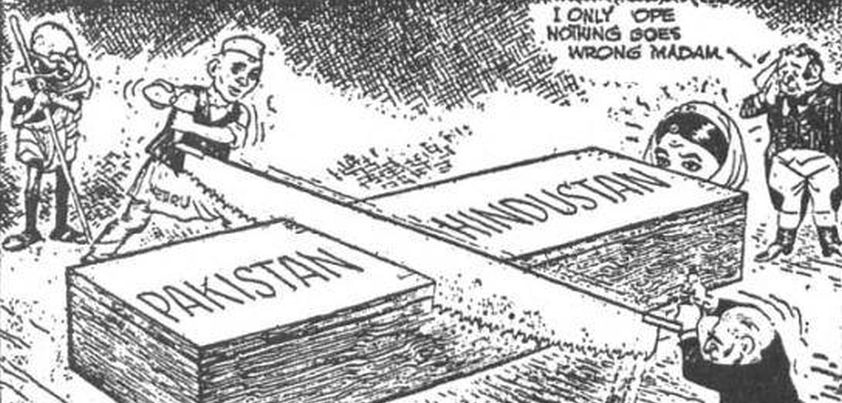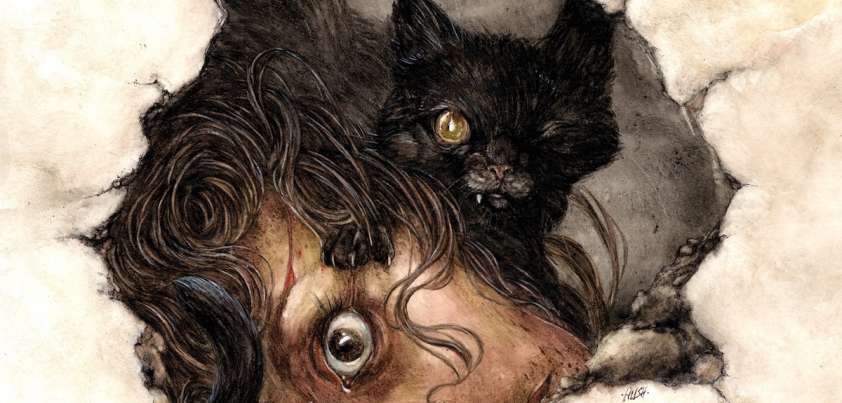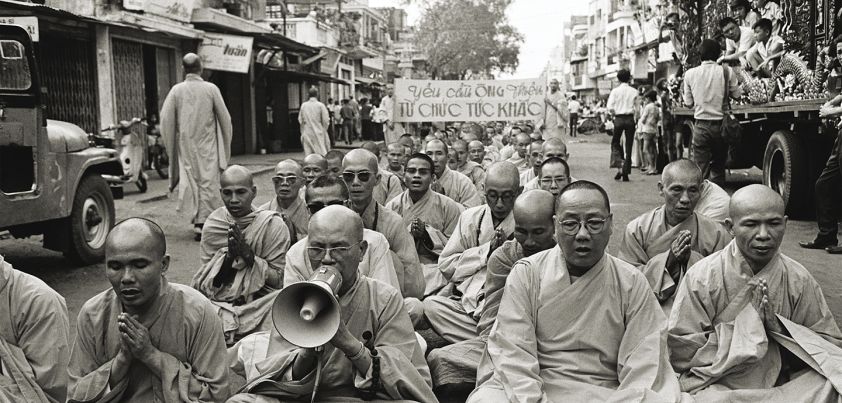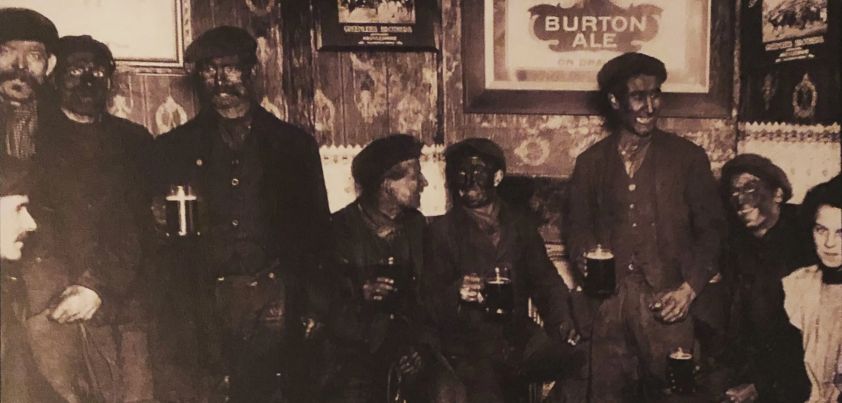 Thanks to a 2006 tele-film, this has become Urdu writer Rajinder Singh Bedi’s signature story. Set in the violent upheaval of British India’s 1947 partition, it follows Sunderlal, a Hindu activist whose wife, Lajwanti, is abducted into Pakistan. The ironic descriptions of domestic life (Lajwanti considered vicious beatings from Sunderlal “normal”, and appears confused by the kind treatment of her Muslim captor) highlight traditional Indian attitudes towards women at the time. A second irony is that although Sunderlal campaigns for the rehabilitation of abducted women, he refuses to discuss Lajwanti’s experiences with her, preventing both from finding closure. More…
Thanks to a 2006 tele-film, this has become Urdu writer Rajinder Singh Bedi’s signature story. Set in the violent upheaval of British India’s 1947 partition, it follows Sunderlal, a Hindu activist whose wife, Lajwanti, is abducted into Pakistan. The ironic descriptions of domestic life (Lajwanti considered vicious beatings from Sunderlal “normal”, and appears confused by the kind treatment of her Muslim captor) highlight traditional Indian attitudes towards women at the time. A second irony is that although Sunderlal campaigns for the rehabilitation of abducted women, he refuses to discuss Lajwanti’s experiences with her, preventing both from finding closure. More…
All posts by shortsonline
The Black Cat
 The Stephen Kings of the writing world tend to use external, often supernatural forces as their instruments of terror. With Edgar Allan Poe, the horror generally develops from the tortured mind of man. The protagonist here has lost his mind to alcoholism. Like many alcoholics, he becomes violent when in a drunken state. This is initially directed towards family pets. Extreme cruelty to animals can indicate psychopathic tendencies, and this proves true later in the story when he shows no remorse for any of his actions, including the murder of his wife. Themes: alcoholism, mental illness, brutality, death. More…
The Stephen Kings of the writing world tend to use external, often supernatural forces as their instruments of terror. With Edgar Allan Poe, the horror generally develops from the tortured mind of man. The protagonist here has lost his mind to alcoholism. Like many alcoholics, he becomes violent when in a drunken state. This is initially directed towards family pets. Extreme cruelty to animals can indicate psychopathic tendencies, and this proves true later in the story when he shows no remorse for any of his actions, including the murder of his wife. Themes: alcoholism, mental illness, brutality, death. More…
An Unsound Sleep
 This story by Nhat Tien is set during the Vietnamese Buddhist Crisis of 1963. An old man’s contented existence is shattered when his only daughter is involved in, and subsequently jailed for, anti-government activities. Rather than focus on the violence of the revolt and ensuing CIA backed coup, the story contrasts the idealistic expectations of the daughter and her revolutionary boyfriend with what comes after. When released from prison the couple find that, although Buddhists have gained religious freedom, little else has changed. Themes include family, poverty, freedom, idealism, sacrifice, futility, alcohol abuse. More…
This story by Nhat Tien is set during the Vietnamese Buddhist Crisis of 1963. An old man’s contented existence is shattered when his only daughter is involved in, and subsequently jailed for, anti-government activities. Rather than focus on the violence of the revolt and ensuing CIA backed coup, the story contrasts the idealistic expectations of the daughter and her revolutionary boyfriend with what comes after. When released from prison the couple find that, although Buddhists have gained religious freedom, little else has changed. Themes include family, poverty, freedom, idealism, sacrifice, futility, alcohol abuse. More…
Odour of Chrysanthemums
 D. H. Lawrence’s Odour of Chrysanthemums begins with an introduction to a woman living in a coal-mining village who feels trapped in an unhappy world of her husband’s making. Although her father is working-class (an engine-driver), her speech and behavior suggest that she aspires to a better life. The accidental death of her husband (a miner) triggers an epiphany in which she realizes that they never really knew each other, and that their problems were equally of her own making. The main theme is superficial (physical) attraction vs. love. Other themes: industrialization, social class, sex roles, isolation, mother-child connections, death. More…
D. H. Lawrence’s Odour of Chrysanthemums begins with an introduction to a woman living in a coal-mining village who feels trapped in an unhappy world of her husband’s making. Although her father is working-class (an engine-driver), her speech and behavior suggest that she aspires to a better life. The accidental death of her husband (a miner) triggers an epiphany in which she realizes that they never really knew each other, and that their problems were equally of her own making. The main theme is superficial (physical) attraction vs. love. Other themes: industrialization, social class, sex roles, isolation, mother-child connections, death. More…
War
 If you are looking for an action-packed war story, this is not for you. Set in Italy during World War One, this story by Luigi Pirandello is a dialogue-packed discussion among the parents of men who are going or have gone off to war about its impact on their lives. The central themes are patriotism, duty, fear, sacrifice and grief. The climax comes when a man who claimed to be above grief because his son died honorably for his country breaks into tears when forced to confront the fact that the boy really is dead and gone forever. More…
If you are looking for an action-packed war story, this is not for you. Set in Italy during World War One, this story by Luigi Pirandello is a dialogue-packed discussion among the parents of men who are going or have gone off to war about its impact on their lives. The central themes are patriotism, duty, fear, sacrifice and grief. The climax comes when a man who claimed to be above grief because his son died honorably for his country breaks into tears when forced to confront the fact that the boy really is dead and gone forever. More…